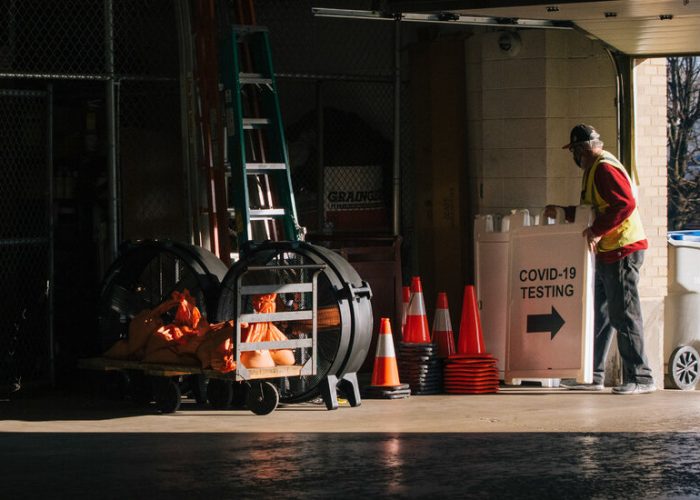We dont want to blame anybody, Gabriel, 20, said. It is something tragic that happened and we want to move on.
Research has shown that the lessons people draw from their social networks can be more powerful than anything they read on the news or receive from a government or educational institution they may not trust. How Americans perceive the threat of the virus in the lives of their friends and acquaintances will likely influence their willingness to be vaccinated, researchers said.
The perceived threat of the virus may also depend on how close someone is to a person who has died or suffered a long-term disability as a result of the virus. While about a third of Americans know someone who has died of Covid-19, only a small percentage can count a virus victim among their 20 closest contacts, according to a calculation by James Moody, director of a network analysis center at Duke University.
Its the old joke about Facebook friends, Dr. Moody said. How many of them will help you move your couch? If youre talking to a friend of a friend about someone who died, at that point its not impactful in the way that tends to shape peoples behavior.
Mike Weinhaus, who was hospitalized with Covid-19 in St. Louis this spring at the same time as his wife, has actively sought to share their cautionary tale with friends, family and wider social network. His wife, Jane, went on a ventilator, then off, then back on again. Neither had pre-existing conditions. Two of his children and a daughter-in-law have also had Covid-19.
But Mr. Weinhaus knows his personal experience can only go so far as a means of persuasion.
When I see people that arent practicing social distancing and refuse to wear masks, I do not go up to them and say, Youre making a big mistake, because you arent going to win that battle, Mr. Weinhaus said.read more
With 11 Million Cases in the U.S., the Coronavirus Has Gotten Personal for Most People


